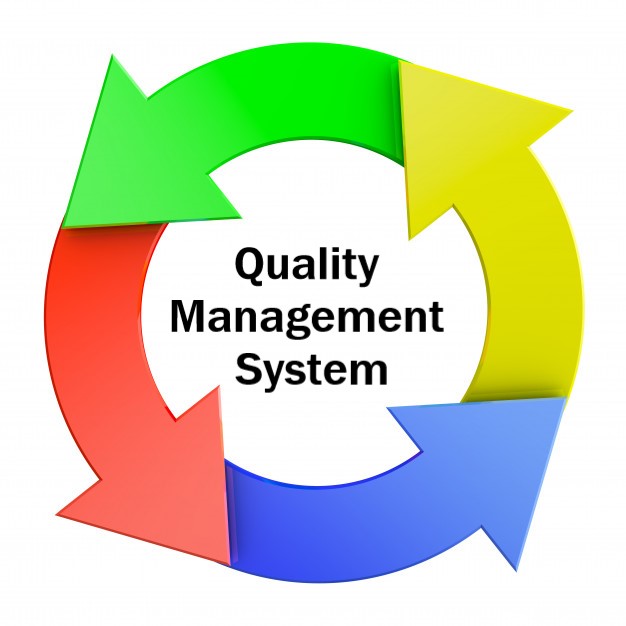Paper-based methods are replaced with quality management, which adheres to strict rules and quality standards
Software for quality management helps businesses keep the standard of the goods and services they provide. Businesses across a range of industries are being pushed to embrace efficient quality management software by rising competition and government rules for quality standards. This is anticipated to help the industry expand. The demand for quality management software is rising in a number of industries, including healthcare, automotive, telecommunications, and consumer products, as a result of numerous standards and laws that governments of various nations have put in place to preserve product quality.
Modern QMS solutions that
represent the development of quality management to its current portfolio of
solutions are the main focus of the Quality Management Systems (QMS). A full
range of quality solutions would now encompass audit management, compliance
management, corrective and preventative actions (CAPA), defect tracking,
document management, feedback tracking, incident management, nonconformance
monitoring, risk management, and supply chain quality. Some QMS vendors
concentrate on specialised fields including SPC, quality assurance evaluation,
and enterprise quality consulting.
As it helps to streamline
corporate processes, quality management software is becoming increasingly
popular in enterprises all over the world. Organizations can enhance
operational efficiency and save overall costs by utilizing the many solutions
provided by quality management software. Another driving force is the fact that
quality management software aids firms in adhering to norms and laws. Automated
quality management systems (QMS), which adhere to strict rules and quality
standards, are used to replace paper-based methods.
In order to hold them to a high and consistent level, quality management
is the practise of monitoring the activities, tasks, and processes (inputs)
that are utilised to create a product or service (outputs). Quality planning,
quality assurance, quality control, and quality improvement are the four
primary parts of quality management. Total Quality Management (TQM) is the
process of applying all four components in a business.




Comments
Post a Comment